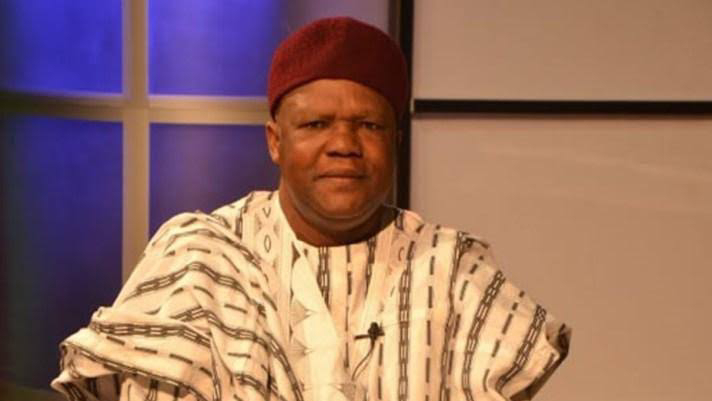The African Democratic Congress (ADC), once a bastion of progressive ideals championed by the late Obadiah Mailafia, is experiencing a significant shift in its political landscape. Mailafia, a respected development economist and the ADC's 2019 presidential candidate, was renowned for his unwavering commitment to justice, transparency, and inclusive governance. His vision positioned the ADC as a credible alternative to Nigeria's dominant political parties.
However, recent developments indicate a departure from these foundational principles. On July 2, 2025, the ADC's national leadership resigned, making way for a new coalition of political figures, including former Vice President Atiku Abubakar, ex-Kaduna State Governor Nasir El-Rufai, and former Attorney-General Abubakar Malami. This coalition aims to consolidate opposition forces ahead of the 2027 general elections.
Malami's involvement has been particularly contentious. His tenure as Attorney-General was marred by allegations of defying court orders and shielding corrupt officials. Critics argue that his recent defection to the ADC is less about reform and more about political rebranding . Similarly, El-Rufai's political maneuvers have drawn skepticism, with some viewing the coalition as a convergence of political opportunists rather than a genuine movement for change.
The transformation of the ADC into a platform for such figures has raised concerns among original party members and supporters. Many fear that the party's core values are being compromised, potentially undermining the legacy of leaders like Mailafia who dedicated their lives to principled politics.
As Nigeria approaches the 2027 elections, the ADC's direction remains uncertain. The party's ability to uphold its founding ideals amidst these changes will be crucial in determining its role in the nation's political future.
For a detailed account of the recent developments within the ADC, refer to the comprehensive coverage by Sahara Reporters.















0 Comments